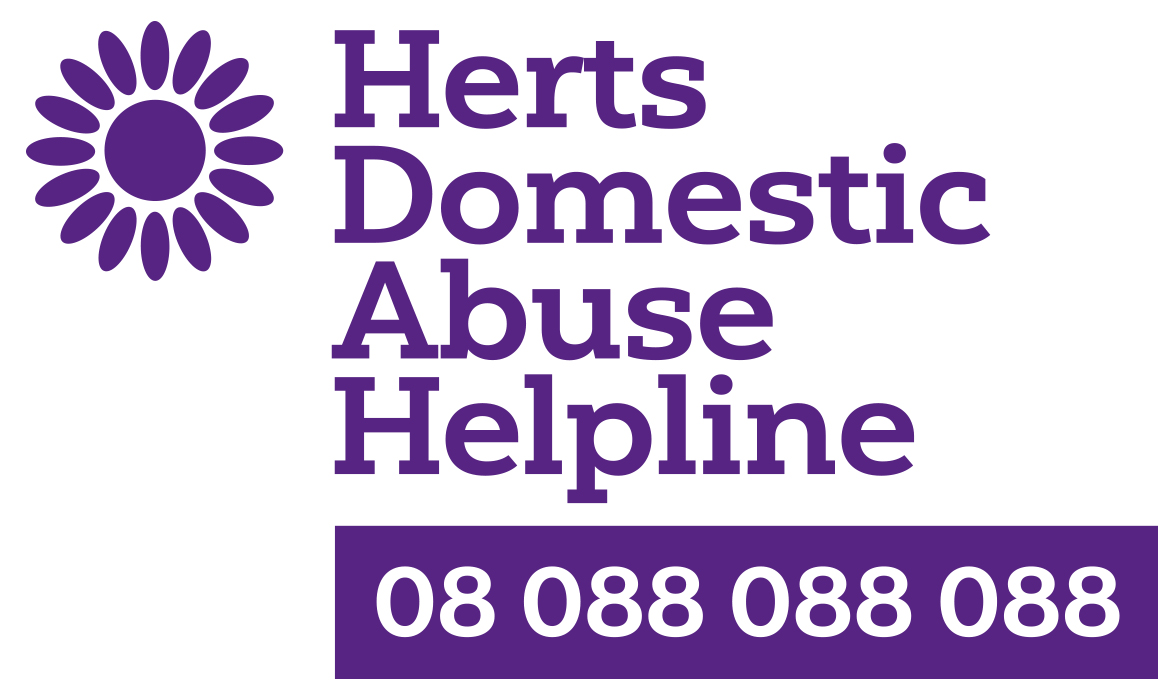The Herts Domestic Abuse Helpline relies on volunteer call takers who give up 2-3 hours a week, working from home, to help signpost abuse survivors to vital agency support. 'Zara' is a volunteer call taker and in this feature, she shares her journey.
“I’ve been volunteering with the Helpline for just over a year now. I was drawn to volunteer with the for two reasons: Firstly, I have been a victim of domestic abuse myself, so I know how important the service is. Secondly the Helpline offers really flexible volunteering – you can do it from home, at a time that suits you.
I was nervous about becoming a call-taker as it seemed like a big responsibility. But all new volunteers are given 2 days' training and I was made to feel really comfortable. The volunteers come from a wide range of backgrounds and are encouraged to use our own experiences and learn from each other. By the time I finished my training I felt confident that I’d be able to answer calls – we had lots of practice. I also had my manual which contains all the information you are likely to need. It’s got details of all the services to signpost people to, local maps and numbers of supervisors to call if you need support. As long as you’ve got your manual in front of you, you can’t go far wrong.
The Helpline offers support to people experiencing any type of Domestic Abuse so there is no ‘typical call’. We get calls from male and female survivors and even some perpetrators who want help to change their behaviour. We support people at all stages of the journey. Some people are just starting to recognise that they are in an abusive relationship; others have already been able to leave the relationship, but they need support rebuilding their lives. Sometimes people ask for very specific information – they know exactly what kind of service they want. Other times people don’t know what they need exactly – they just know they need help.
There are some calls that have stuck in my mind. Once I had a call from a man who just wanted to talk about something that happened to him a long time ago – he didn’t want any information, he just wanted someone to listen. I also remember a man who described the way his partner was behaving towards him and wanted help to work out if he was being abused. Recently I had a call from a lady who had been able to leave her abusive partner, with help from the Helpline. She was calling to say thank you – and ask for help with the next steps, gaining financial independence and getting counselling.
It can be challenging taking calls and I’ve been told some upsetting stories of abuse. But I know that calling the Helpline is an important first step towards getting support and staying safe.
When people are in an abusive relationship, they often feel powerless. In our training we are taught to empower callers by talking through various options with them, allowing them to make up their own mind about how they want to move forward. I remember one call from a lady who was in a dangerous situation. I suggested she should contact the police, but she really didn’t want them involved – she thought they would make things worse. I explained to her that the police have specially trained officers who know how to keep her safe, but I said I respected her decision. I then told her about a few other services she could contact who would be able to support her in different ways. Just as we were ending the call she changed her mind and asked me to give her the number for the police. I believe that if I’d tried to pressure her into taking the number from the police straight away, she would have been very intimidated. She would probably have put the phone down on me and felt even more isolated. But because I respected her initial decision and we were able to talk things through, she had the space to work out what she needed. This shows how the Helpline’s empowerment ethos really works.
For me, it’s really important just to be there on the end of the line. I know how much strength it takes for a victim of Domestic Abuse to ask for help for the first time. I’ve had calls from people who have been enduring abuse for more than 10 years, and I am the first person they have told about what’s happening to them. That’s a huge responsibility but it’s also a privilege, and I know I’m making a difference to their lives by helping them take the first steps towards safety and independence.”
If you are interested in volunteering as a call taker for 2-3 hours a week, email hertsdvhelpline@hotmail.co.uk You can take calls from home at a time that suits you and that works around your commitments. Visit www.hertsdomesticabusehelpline.org for more information.
If you are in an abusive relationship Contact Us by email or Call The Herts Domestic Abuse Helpline number on 08 088 088 088 to talk in confidence.

